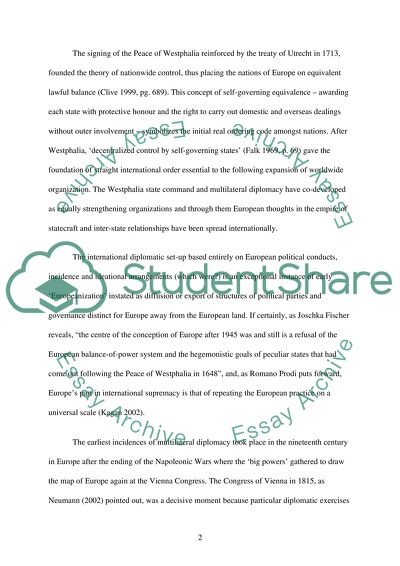Cite this document
(Development of Multilateral Diplomacy in Europe in 19th Century Essay, n.d.)
Development of Multilateral Diplomacy in Europe in 19th Century Essay. https://studentshare.org/politics/1545372-explain-why-the-nineteenth-century-saw-the-development-of-multilateral-diplomacy-in-europe
Development of Multilateral Diplomacy in Europe in 19th Century Essay. https://studentshare.org/politics/1545372-explain-why-the-nineteenth-century-saw-the-development-of-multilateral-diplomacy-in-europe
(Development of Multilateral Diplomacy in Europe in 19th Century Essay)
Development of Multilateral Diplomacy in Europe in 19th Century Essay. https://studentshare.org/politics/1545372-explain-why-the-nineteenth-century-saw-the-development-of-multilateral-diplomacy-in-europe.
Development of Multilateral Diplomacy in Europe in 19th Century Essay. https://studentshare.org/politics/1545372-explain-why-the-nineteenth-century-saw-the-development-of-multilateral-diplomacy-in-europe.
“Development of Multilateral Diplomacy in Europe in 19th Century Essay”. https://studentshare.org/politics/1545372-explain-why-the-nineteenth-century-saw-the-development-of-multilateral-diplomacy-in-europe.


